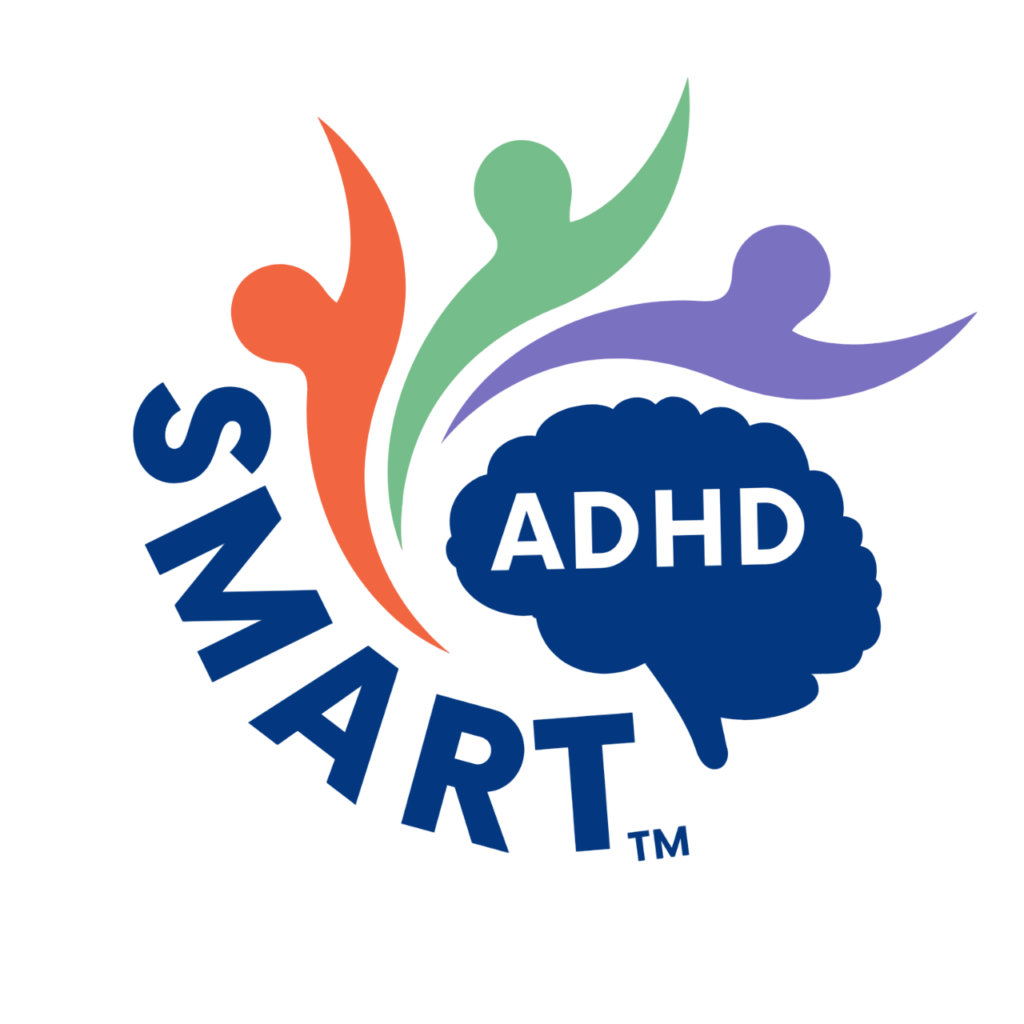SmartADHD
Supported Management of ADHD with evidence-based Resources and Tools
SmartADHD
Supported Management of ADHD with evidence-based Resources and Tools

SmartADHD is a programme of research that aims to help young people with ADHD to thrive, by co-developing accessible digital healthcare and self-management resources for use in the NHS. Increasing access to ADHD healthcare information and supporting positive management into adulthood.
Our mission is to support the smart management of ADHD in diverse young people and help them to thrive as adults. Our diverse multi-disciplinary team is working together to achieve this by co-developing, evaluating and implementing digital health solutions (such as smartphone apps and chatbots), designed to fit into NHS pathways. Our goal is to help a wide range of young people aged 16-25 with ADHD, (or awaiting assessment), to access trusted healthcare information and tools that will help them manage their health long term.

ADHD is a common neurodevelopmental condition, that leads to problems spanning social, educational and health settings, with high personal and economic costs for individuals and society. Fortunately, there are evidence-based treatments available, including highly effective medications. There are also, interventions to support condition management, though these are rarely provided.

Ages 16 to 25 can be a vulnerable period when young people with ADHD go through changes like finishing school, starting work or leaving home. They are also at increased risk of mental and physical health crises. Sadly, research has revealed a failure of healthcare for young people during this critical stage of their development. Barriers to access include, unsupported transitions between child and adult mental health services, extended waiting times, and inconsistent support from primary care. These are increasing health inequalities.

Digital interventions can provide accessible, scalable, and cost-effective support in the NHS. Published research from the Managing ADHD in Primary Care (MAP) study tells us that young people and healthcare providers would value trustworthy digital health interventions, such as a smartphone app or chatbot, tailored for ADHD, and available via the NHS. However, findings from our systematic review show that there are currently no digital health applications for people with ADHD that meet NHS quality standards.
We are working with young people to co-develop digital health interventions, such as healthcare app, an AI-chatbot, and virtual reality experiences, that will meet NHS quality standards and help them access treatment and manage their health and wellbeing. The aim is to improve long-term condition management of ADHD, support and recognise strengths, reduce the burden of living with ADHD, and help address health inequalities.

Targeted healthcare communication

Psycho-educational materials

Personal health tracking

Self-management tools

Resource links
This interdisciplinary programme of research will follow the person-based approach to digital intervention development (e.g. for the healthcare app or chatbot), through three phases:

Evidence from previous research will be synthesized and used to support programme theory development. Early engagement work with people with lived experience and healthcare professionals will inform development of a prototype, following an iterative cycle of user-centred design, content prioritisation and creation.

Rapid feedback cycles will support development of an early working version of the intervention. Research methods including ‘think aloud interviews’, and questionnaires will be used to collect initial data on usability and accessibility via proof-of-concept studies in community settings.

Building on phases one and two, a refined intervention will be feasibility tested in NHS settings. Pre-and-post data will be collected, on usability and acceptability, health outcomes, and economic costings. A nested qualitative study will explore user burden, and willingness of clinicians to prescribe.
An equality, diversity and inclusion (EDI) workstream will focus on digital inclusion and tailoring our interventions to be accessible for underserved groups. While an implementation workstream will inform preparation for a hybrid effectiveness-implementation trial. Detailed methods and findings will be published as the SmartADHD programme of work evolves, with links provided on this website.